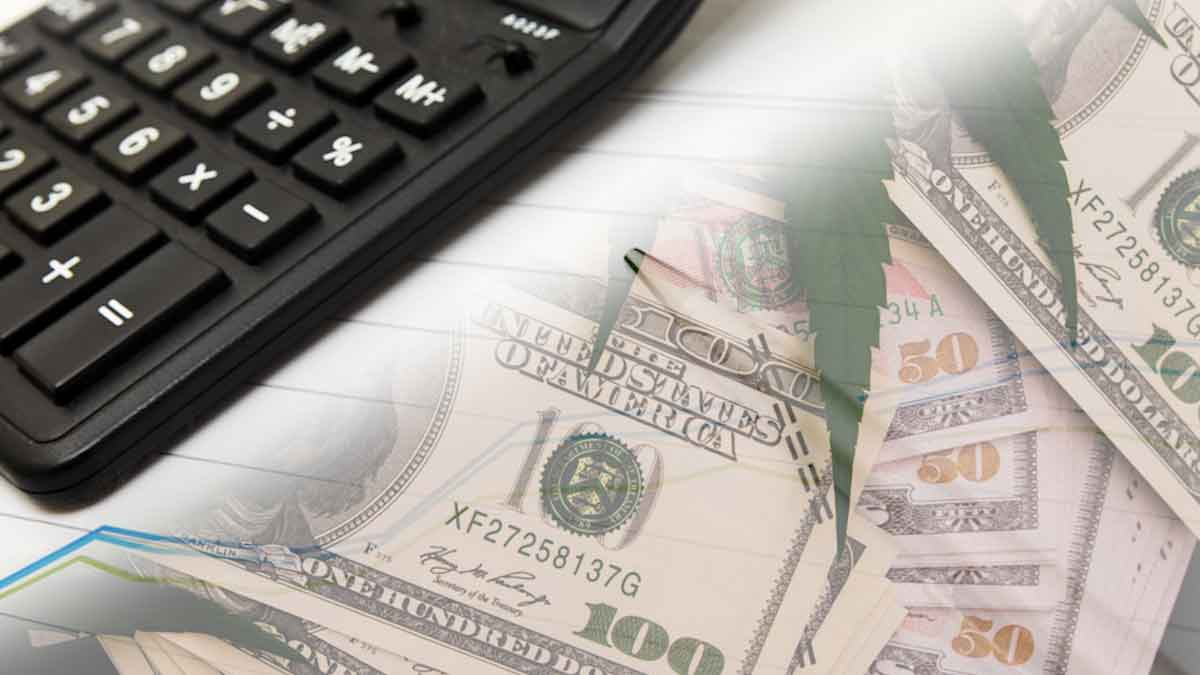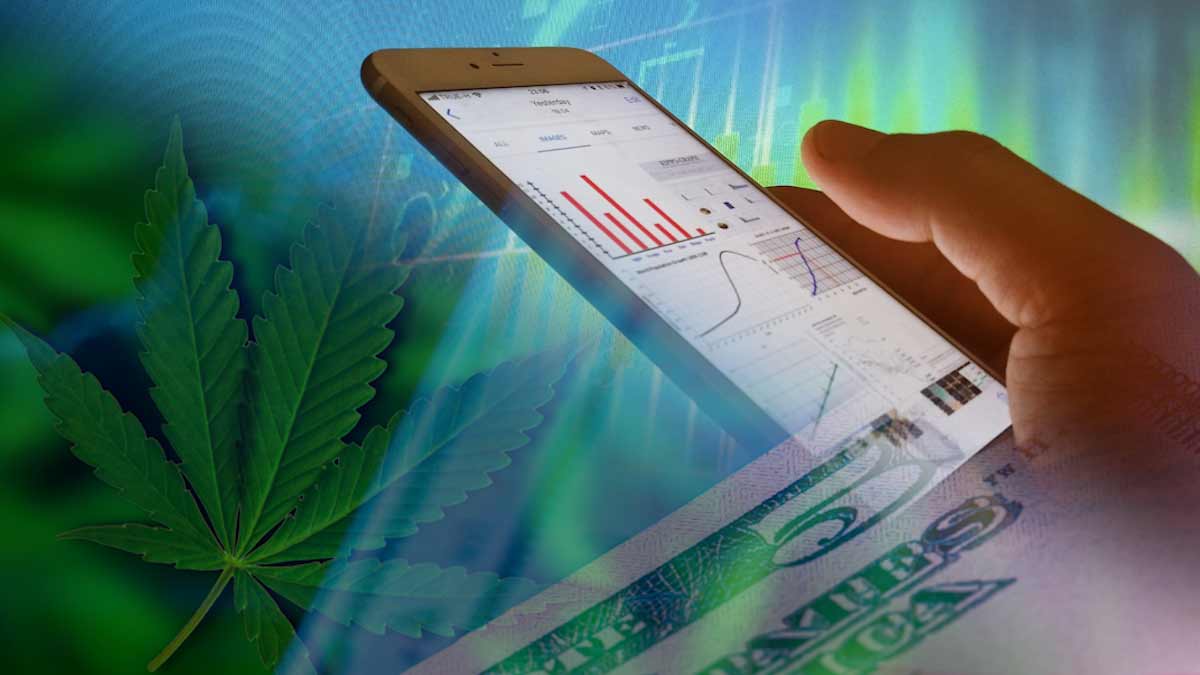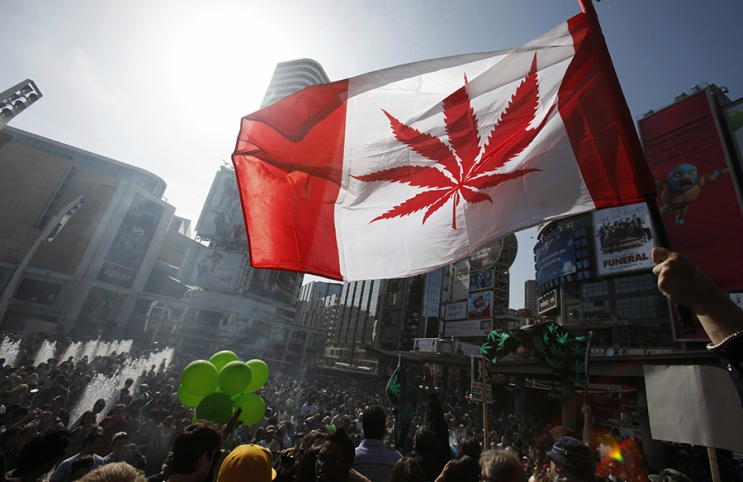Pittsburgh City Council officially passed a measure to decriminalize small amounts of cannabis on Monday morning after a vote of 7-2. The bill gives officers the ability to give someone with less than thirty grams of marijuana, or eight grams of hashish, a $100 fine rather than a misdemeanor. Public Safety Committee Chair Daniel Lavelle sponsored the bill and said that the measure would “help break the damning life-long consequences of unemployment, lack of education, and being caught in a revolving criminal justice system.”
Councilwoman Theresa Kail-Smith and Darlene Harris voted against the bill, but at the same time, sympathized with the goals of the measure. However, Kail-Smith added that it was “irresponsible” to pass a decriminalization of marijuana at a local level. She added that her district that includes southern and western neighborhoods, which all border other areas where decriminalization has not been considered. Because of this, she stated, “I think [the bill] gives a false sense of security to people driving on the streets,” and confrontations in certain areas “could actually escalate to something much more serious than a fine.”
Harries agreed with those concerns, saying that changing drug laws should only be done by state officials. “We have opened ourselves to many lawsuits by overstepping our bounds this year,” she said, referring to legislation that attempts to impose sundry requirements on employers.
The supporters of the bill did not respond to concerns about the bill, which was passed by a 6-1 vote just a week ago. However, Councilman Ricky Burgess stated that while he did not allow drug use, “I think young people who make mistakes should not suffer lifelong consequences on something that I think is perhaps not life-threatening.”
MAPH Enterprises, LLC | (305) 414-0128 | 1501 Venera Ave, Coral Gables, FL 33146 | new@marijuanastocks.com











1 comment
Pittsburgh is following Philadelphia’s lead because since Philly decriminalized just a year ago, arrests have dropped 75% saving the city hundreds of millions of taxpayer dollars.